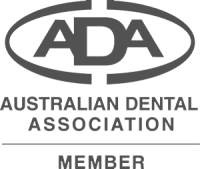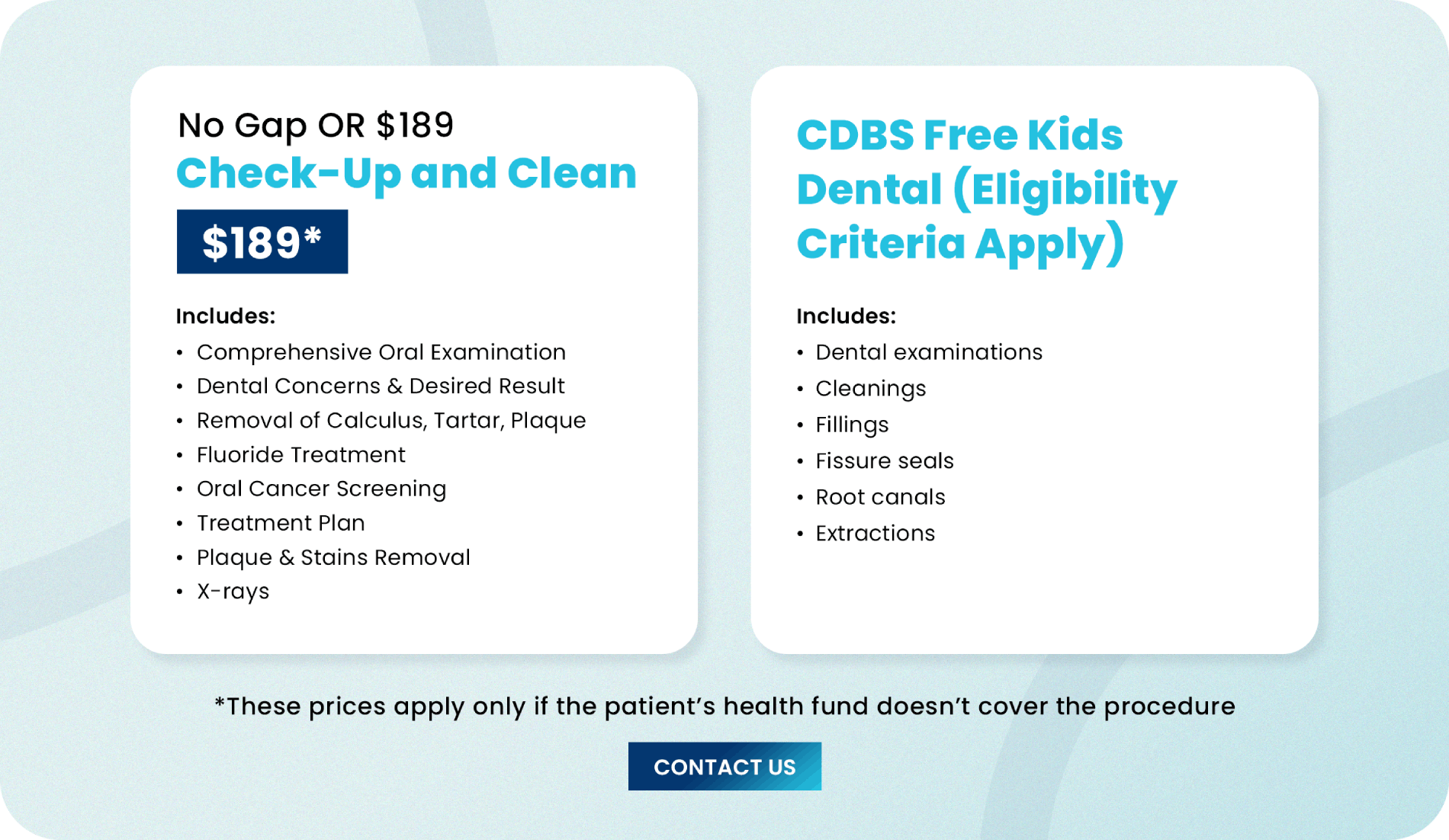Wisdom Teeth Extractions in Campbellfield
Wisdom Teeth Extractions in Campbellfield
Also known as the third molars, wisdom teeth are the last set of teeth to emerge, typically in the late teens or early adulthood. While these teeth can function just like other molars, they often pose challenges due to their positioning or lack of space in the mouth.
When wisdom teeth become impacted – meaning they are unable to fully emerge or grow in a misaligned direction – they can cause discomfort, infections, or damage to surrounding teeth. In such cases, wisdom teeth removal becomes necessary to prevent long-term oral health problems.
Who Needs Wisdom Teeth Removal?
It’s important to note that not everyone requires wisdom teeth extraction. If the teeth emerge in a healthy, upright position and do not cause crowding, pain, or other issues, removal is generally unnecessary. However, there are several common scenarios where extraction is recommended:
- Impaction: Teeth that are trapped beneath the gum line or partially emerged can lead to infections, cysts, or decay.
- Misalignment: If wisdom teeth grow at an angle, pressing against adjacent teeth or leaning towards the cheek, they can cause discomfort and even damage other teeth.
- Inadequate Space: Lack of room in the mouth may cause wisdom teeth to crowd or push against other teeth, affecting overall alignment.
For patients experiencing any of these conditions, removing the wisdom teeth can relieve pain and prevent more serious dental complications in the future.

What To Expect
Before the procedure, Dr Chahal (Dentist) will conduct a thorough examination, including X-rays, to determine the exact position of the wisdom teeth. In some cases, additional imaging may be needed to assess any risks associated with the nearby nerves or sinuses. Medical history is also carefully reviewed to identify any conditions, such as heart disease or diabetes, which might affect the procedure.
Patients on blood thinners or with other specific health concerns may require special preparation, such as adjusting medication or taking antibiotics before surgery. The procedure is typically performed under local anaesthesia, which we offer at the practice. For those who have more complex cases and prefer to have the removal done under general anaesthesia, we can provide a referral.
During and After the Procedure
The extraction process can vary from a straightforward tooth removal to a more surgical approach. In cases where the tooth is fully impacted or positioned at an angle, a small incision in the gum and removal of some bone may be necessary. The procedure typically takes 40-60 minutes, though more complex cases may take longer. After the extraction, it’s essential to follow the provided aftercare instructions closely:
Avoid rinsing or spitting. Stick to soft foods and apply cold compresses to minimise swelling.
Saltwater rinses can help keep the area clean after the initial 24 hours. Pain management usually involves over-the-counter pain relievers, which also reduce inflammation.
No smoking, alcohol, or strenuous activity for at least 48 hours.
Recovery and Healing
Recovery from wisdom teeth removal usually takes about a week, though healing times may vary depending on the complexity of the extraction. Mild swelling, slight bleeding, or jaw stiffness are common in the first few days. Patients are advised to continue eating soft foods such as yoghurt, soups, and smoothies, while gradually reintroducing more solid foods as comfort allows.
To aid healing, it is recommended to avoid smoking, drinking through straws, or engaging in strenuous activities that could dislodge the blood clot from the extraction site. Doing so can reduce the risk of a painful condition known as “dry socket.” Good oral hygiene is also crucial; gently rinsing with warm salt water after 24 hours helps keep the area clean without disturbing healing.
Most patients can return to school or work within a few days, although it’s best to plan for some rest to ensure proper recovery. If persistent pain, excessive bleeding, or signs of infection occur, contacting the dentist immediately is essential.
When to Seek Wisdom Teeth Removal
If you’re experiencing discomfort, swelling, or other symptoms related to your wisdom teeth, it’s important to consult with Dr Chahal. Early intervention can prevent more significant issues and protect your overall oral health.
Areas We Serve: Beveridge, Broadmeadows, Coolaroo, Craigieburn, Dallas VIC, Epping, Fawkner, Glenroy, Greenvale, Lalor, Mernda, Mickleham, Mill Park, Meadow Heights, Reservoir, Roxburgh Park, Somerton, Thomastown, Tullamarine.
Contact Hume Dental Hub
If you or your teen or young adult believes wisdom teeth removal might be necessary, schedule a consultation with Dr Chahal today.

Get In Touch
Wisdom Teeth Extractions Campbellfield, Meadow Heights, Dallas, Coolaroo & Neighbouring Areas VIC
(03) 9121 3721
Any invasive or surgical procedure may carry risks. Before moving forward, it is recommended that you seek a second opinion from an appropriately licensed medical professional.










